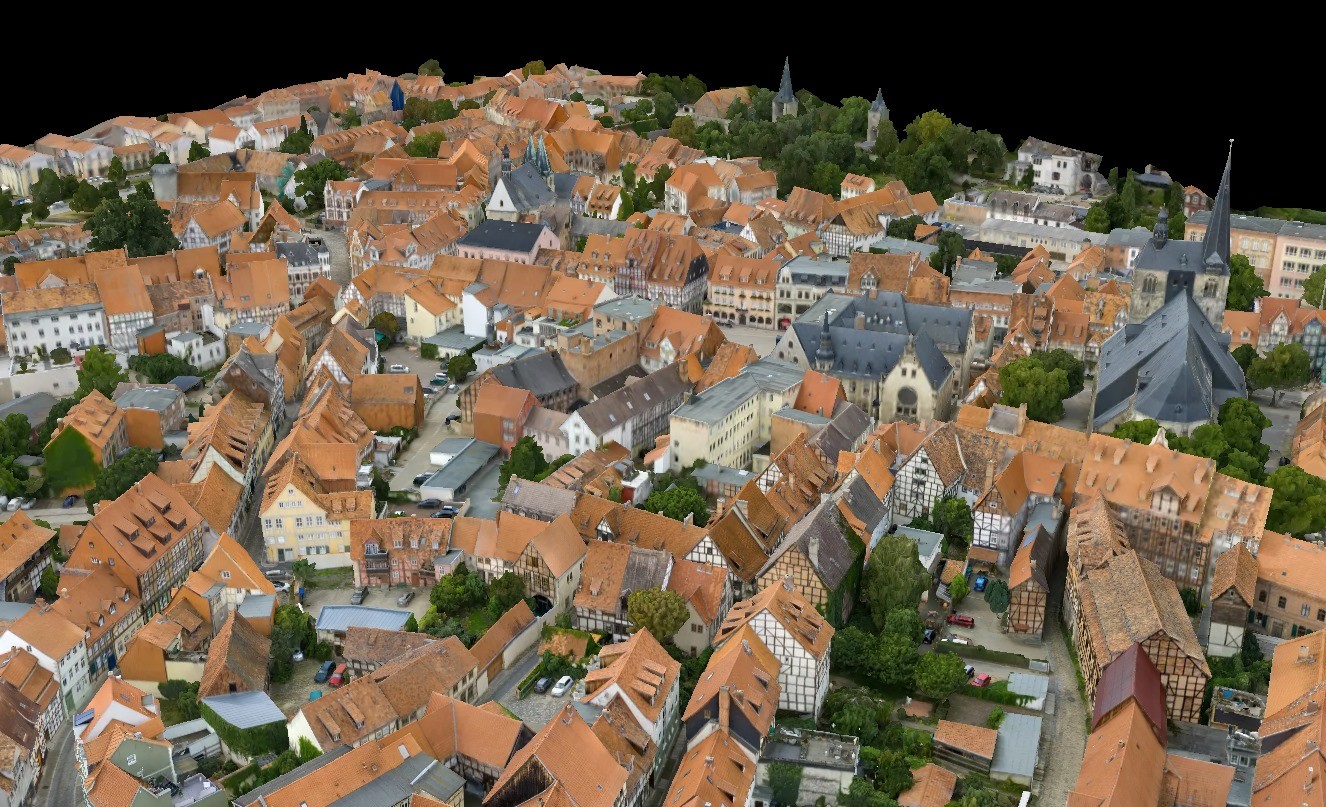However, H2 also stands for a human-centered, science-based approach that contributes to improving living and working conditions for people of all ages in a peaceful, humane, and sustainable society. The university offers large-scale knowledge and technology transfer, working primarily with companies, public offices, and institutions in the region. Its research strategy emphasizes interdisciplinary collaboration both within the university and with other academic institutions. The university also aims to increase the number of cooperative doctorates steadily. In recognition of its scientific reputation and research activities, Magdeburg-Stendal University of Applied Sciences was granted the right in 2021 to award doctorates in the departments of Engineering and Industrial Design (IWID) and Water, Environment, Building and Safety (WUBS) under the “Environment and Technology” doctoral center. At the Institute of Electrical Engineering within the IWID department, current key technologies and forward-looking research areas are being explored and transferred into practical applications. The Chair of Electrical Systems Engineering (ELENA) places special emphasis on both the advancement of individual technologies such as renewable energies, energy storage, or Power2X systems, and on the holistic development of energy and communication systems (including sector coupling), focusing on their planning, technical, and economic operation to contribute to the energy transition.
Participation in the ZEB4ZEN project enables HSMD to deepen its research in renewable energy solutions applied to historical urban settings. The project allows the university to conduct innovative analyses to decarbonize Quedlinburg’s historic center, a UNESCO World Heritage site, by evaluating advanced technologies for energy generation and storage, such as converting green electricity into heat or gas.
HSMD will also lead the development of a digital planning tool based on virtual reality, combining energy and spatial development data to optimize energy plans for historical neighborhoods. This will enhance the university’s research capabilities while providing a practical example of how modern technologies can be applied to protect cultural heritage while advancing the energy transition.
The project offers HSMD the opportunity to strengthen its network of international collaborations, reinforcing its standing in the European energy research field. Additionally, the experience gained will be integrated into the university’s educational programs, giving students direct access to the latest technological innovations in the energy sector.
Website: https://www.h2.de/hochschule/fachbereiche/iwid/institut-fuer-elektrotechnik/elena.html
LinkedIN : Prof. P. Komarnicki https://www.linkedin.com/in/pkomar/
LinkedIN: Dr P. A. Lombardi: https://www.linkedin.com/in/pio-alessandro-lombardi-77612a25/
